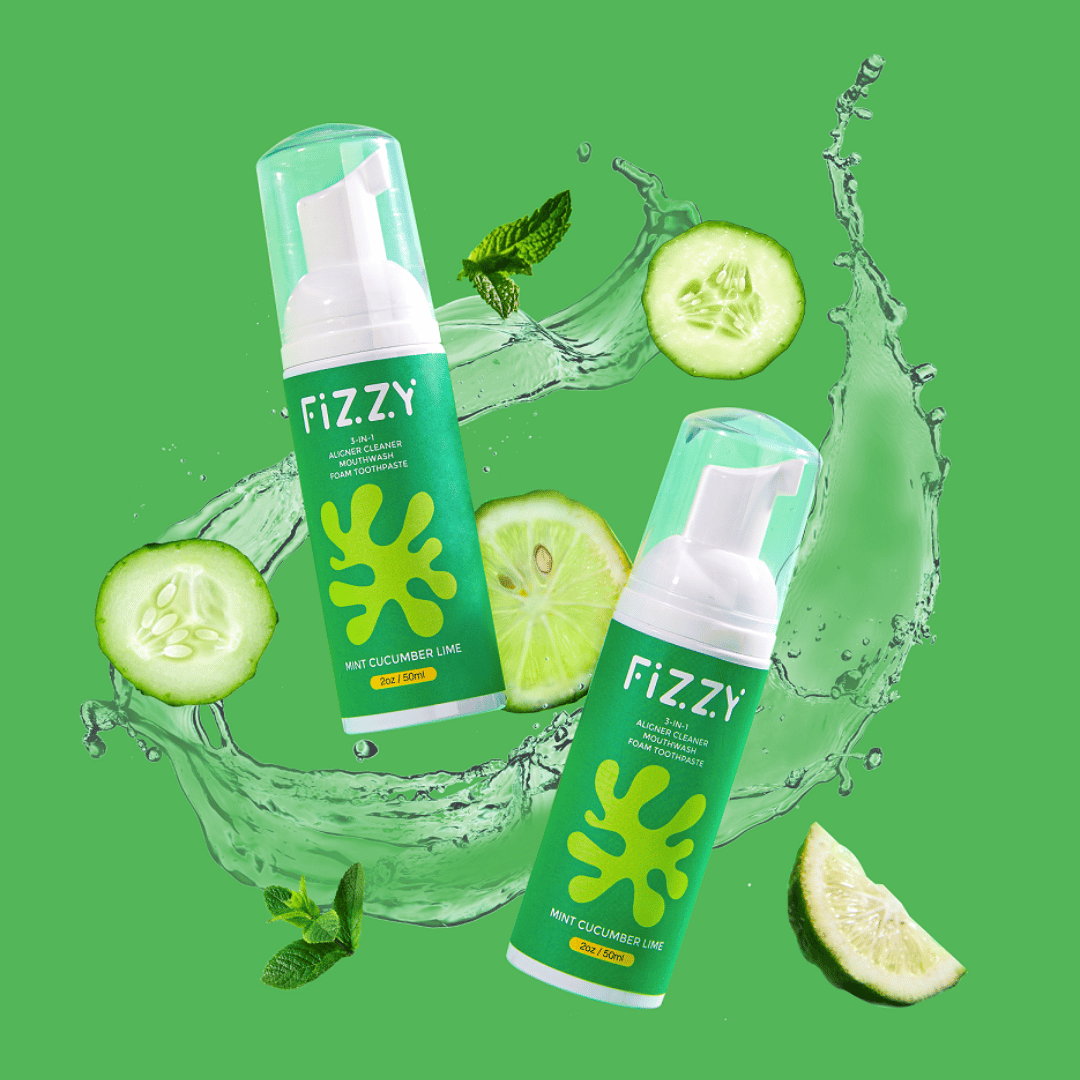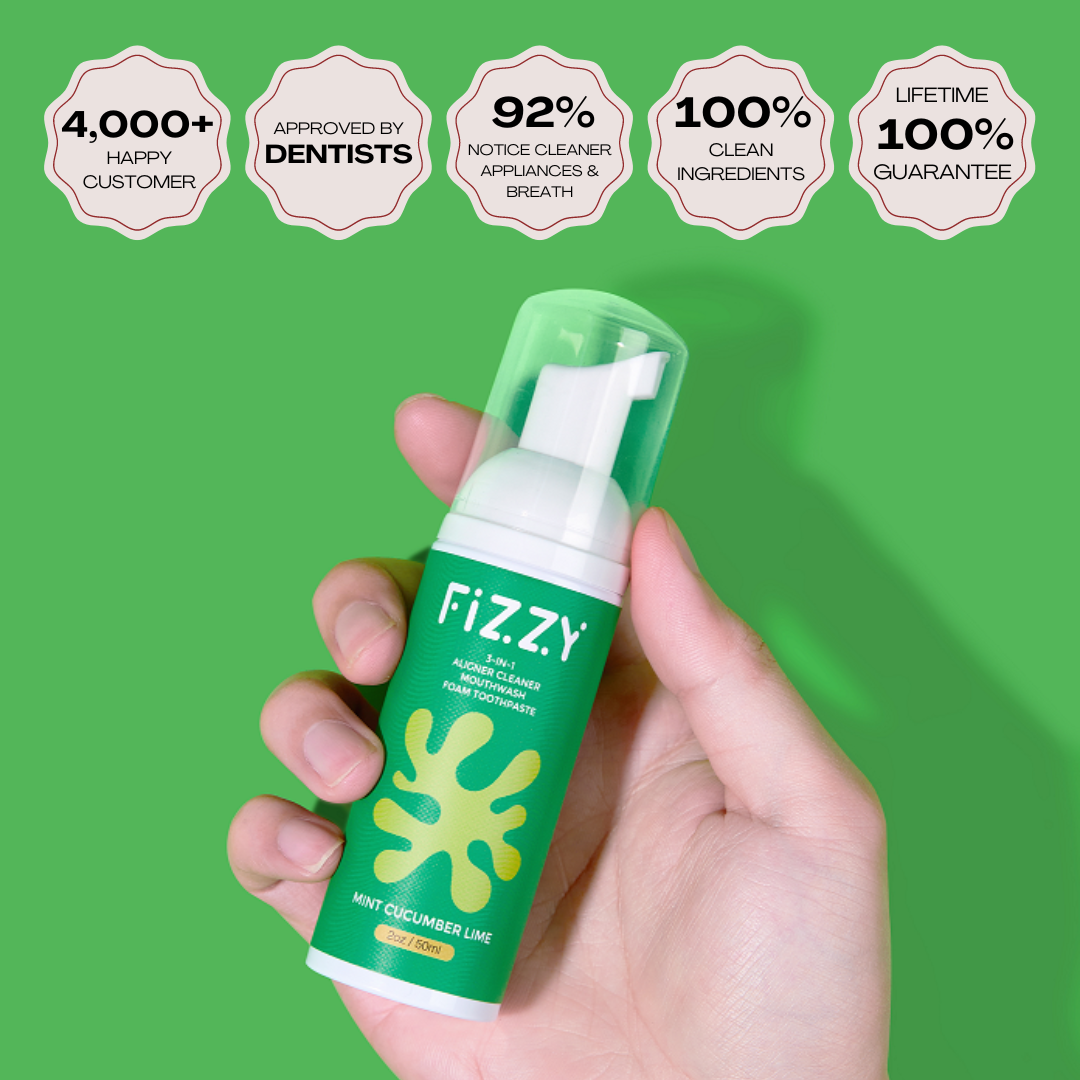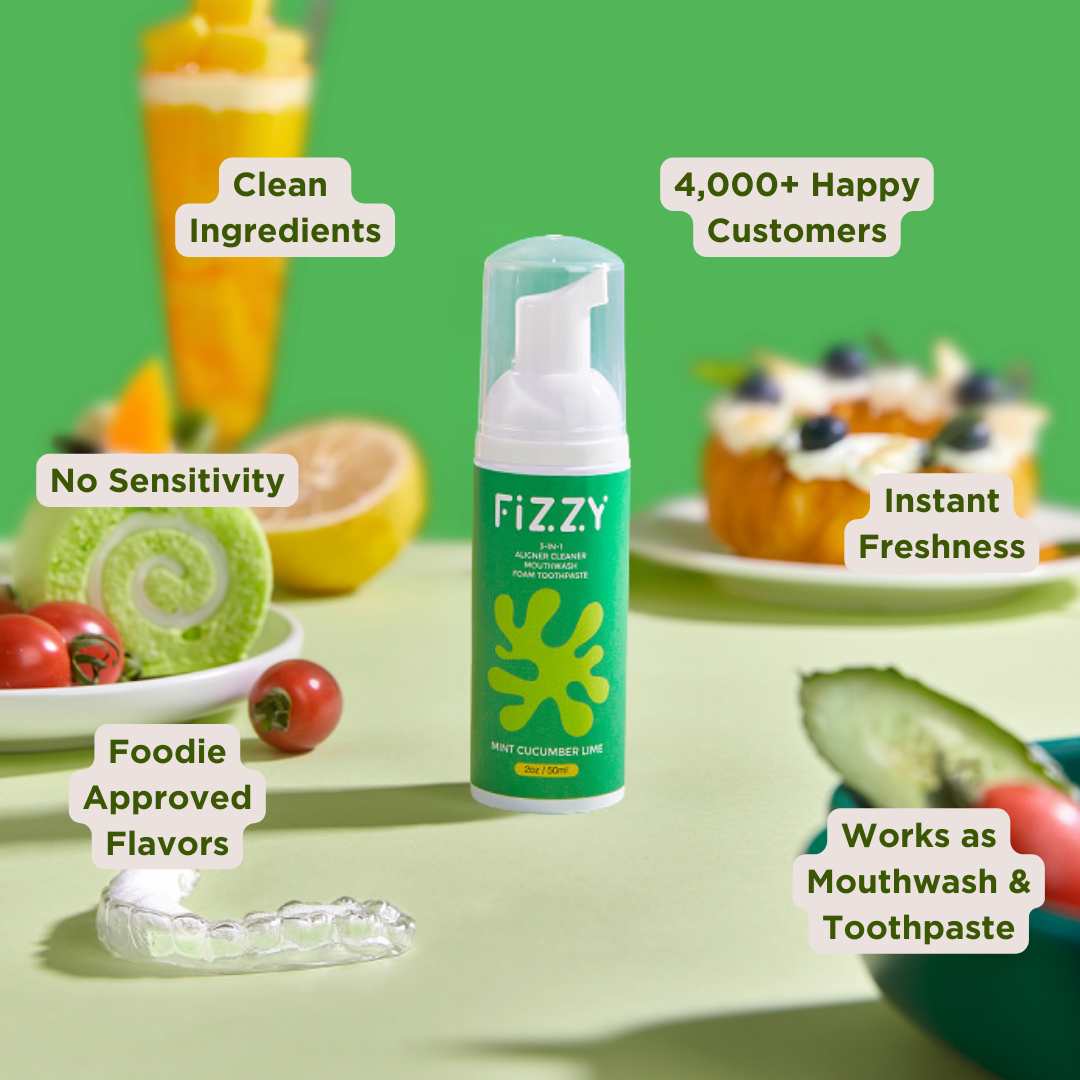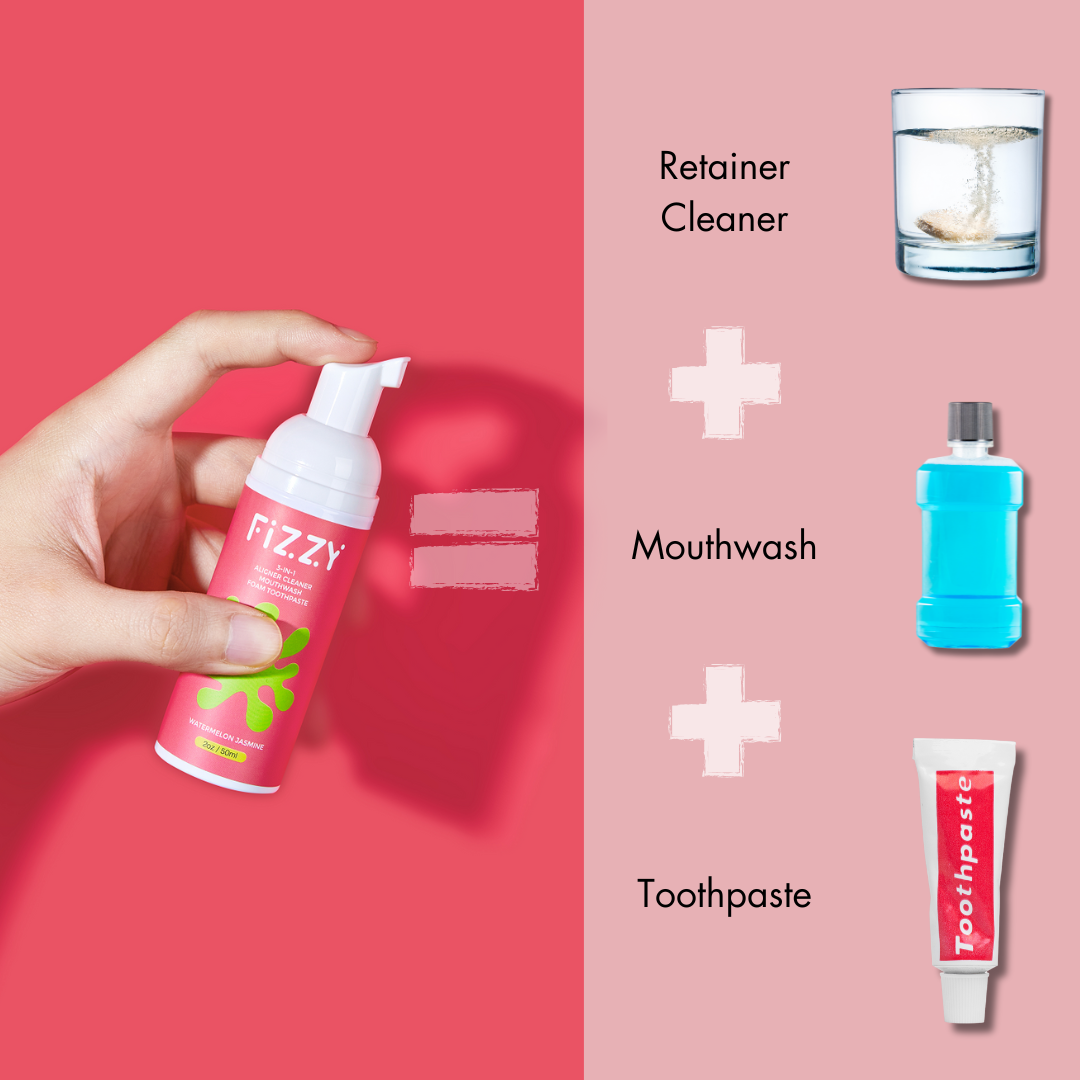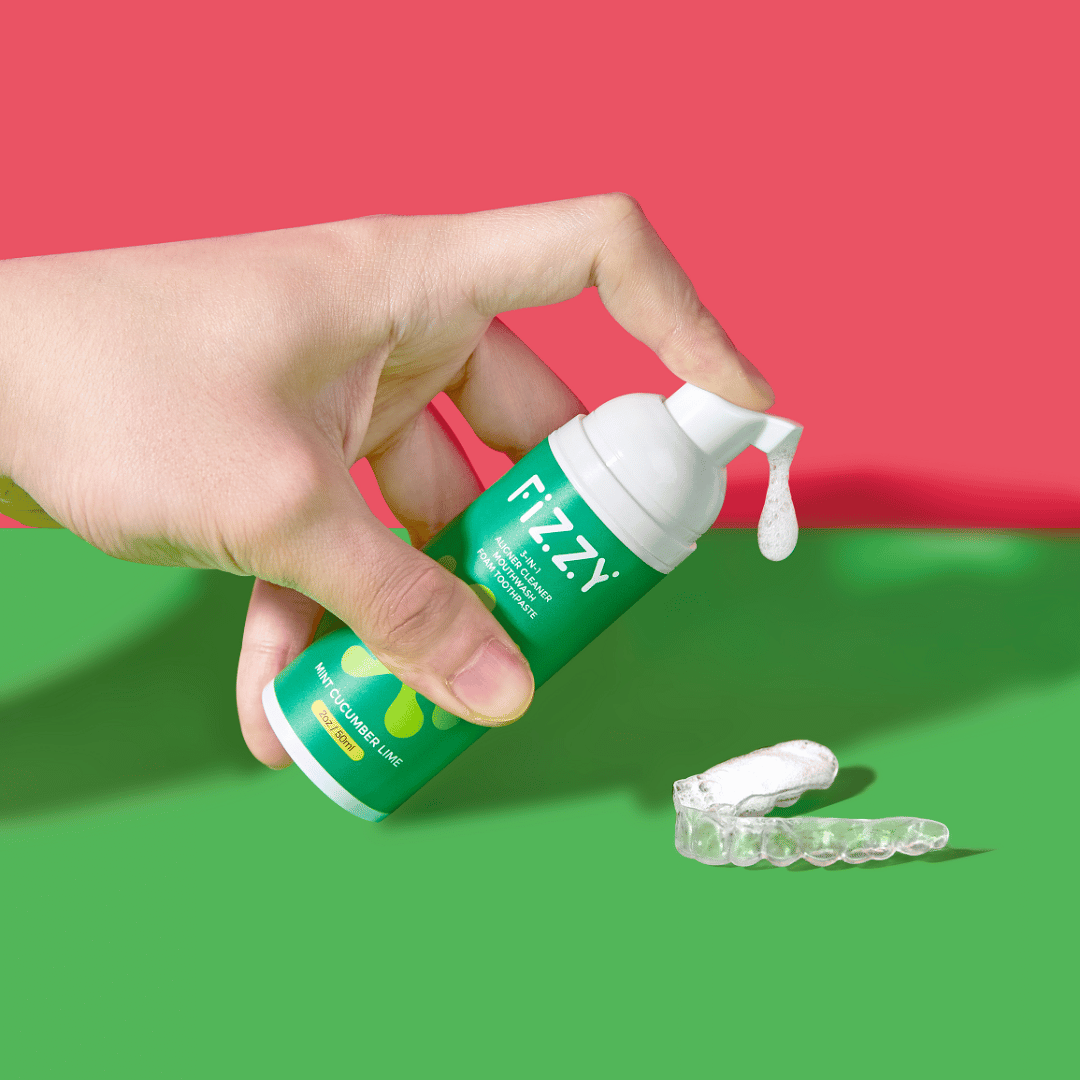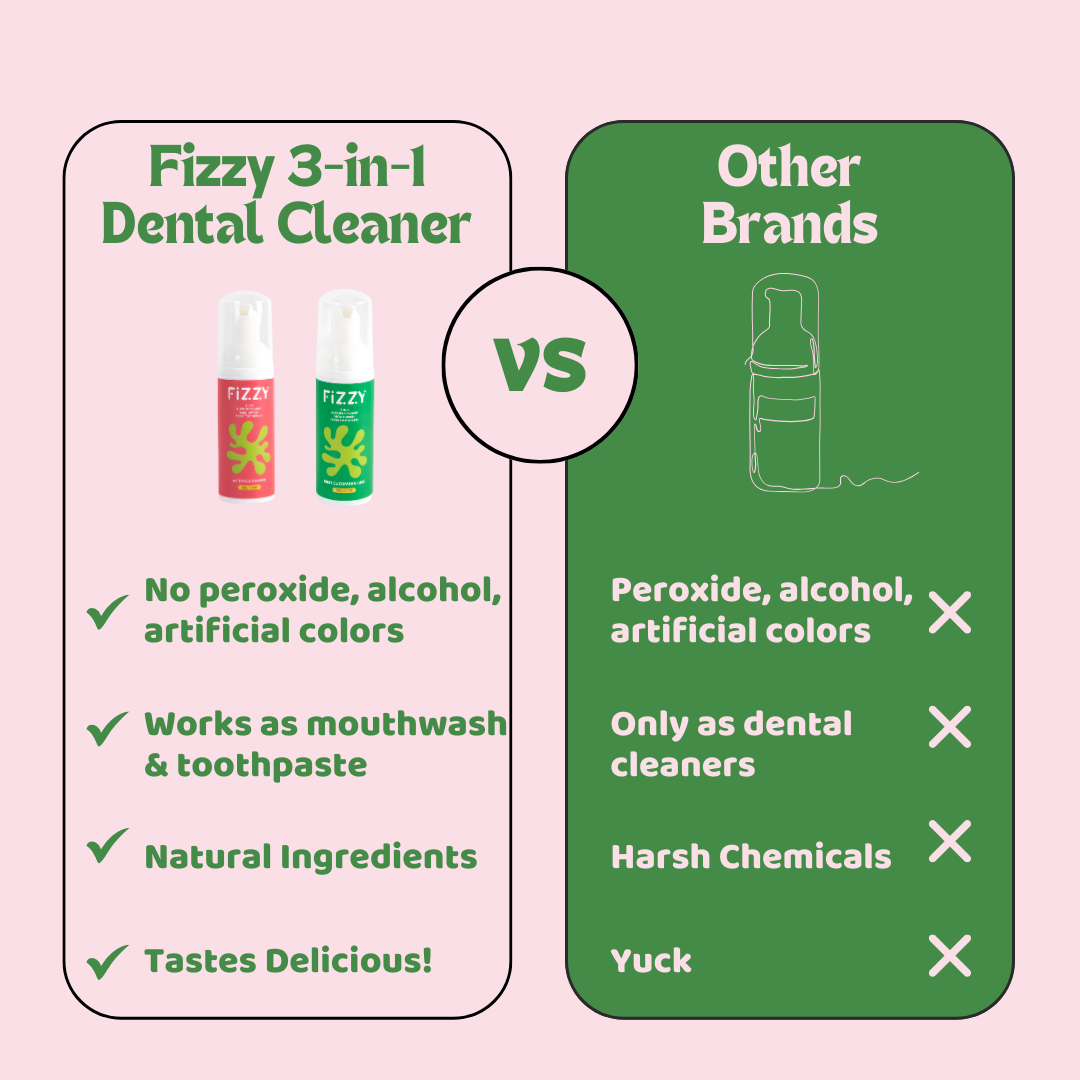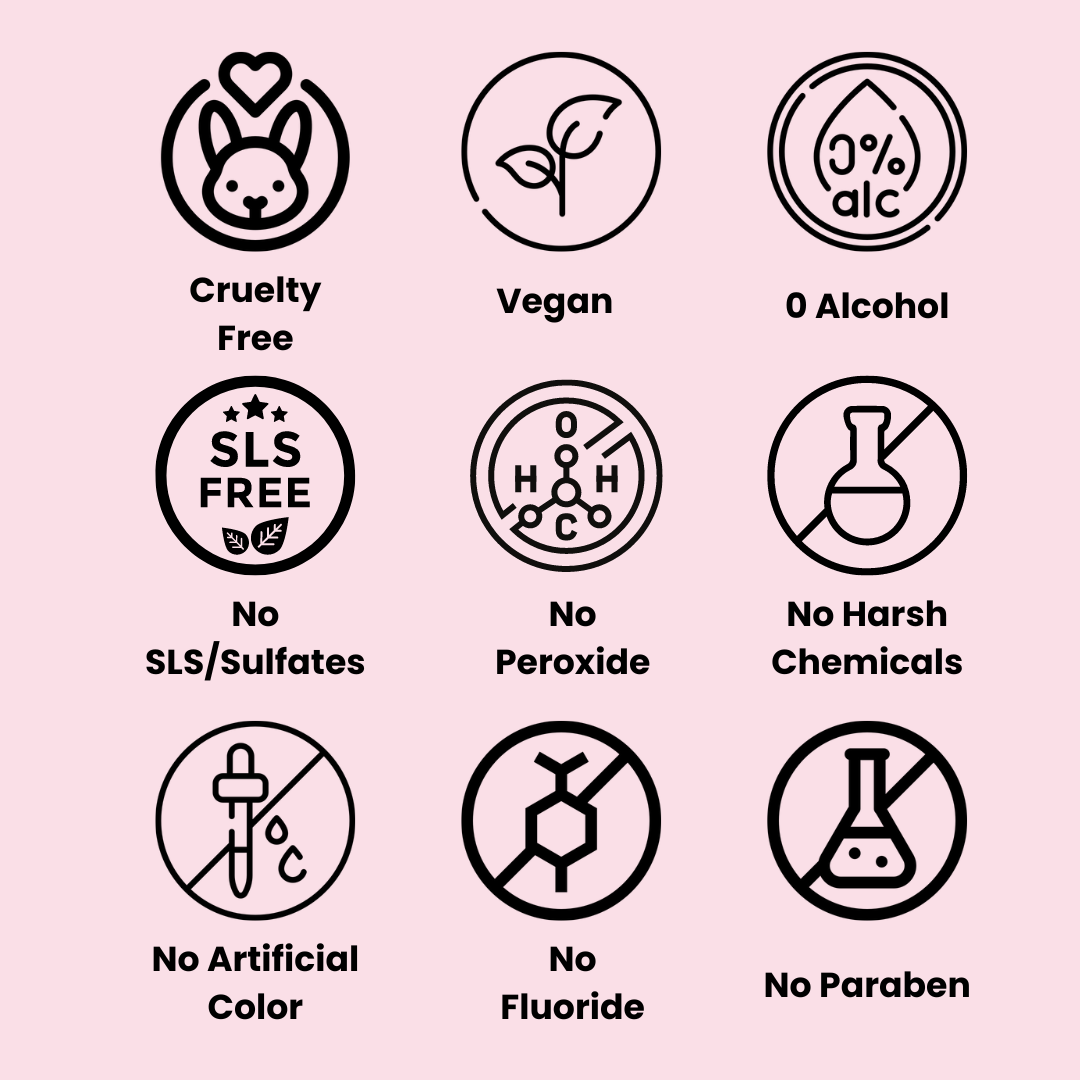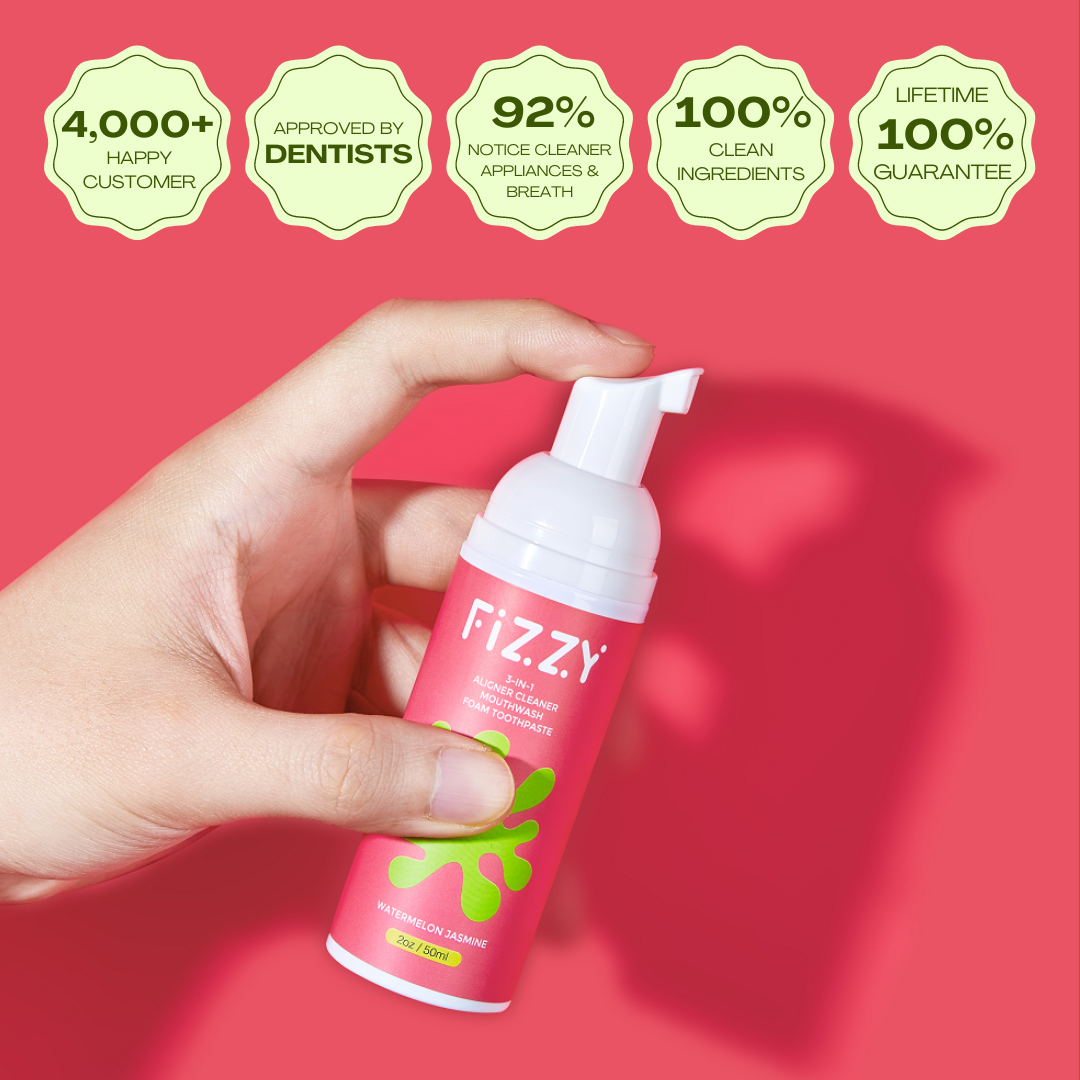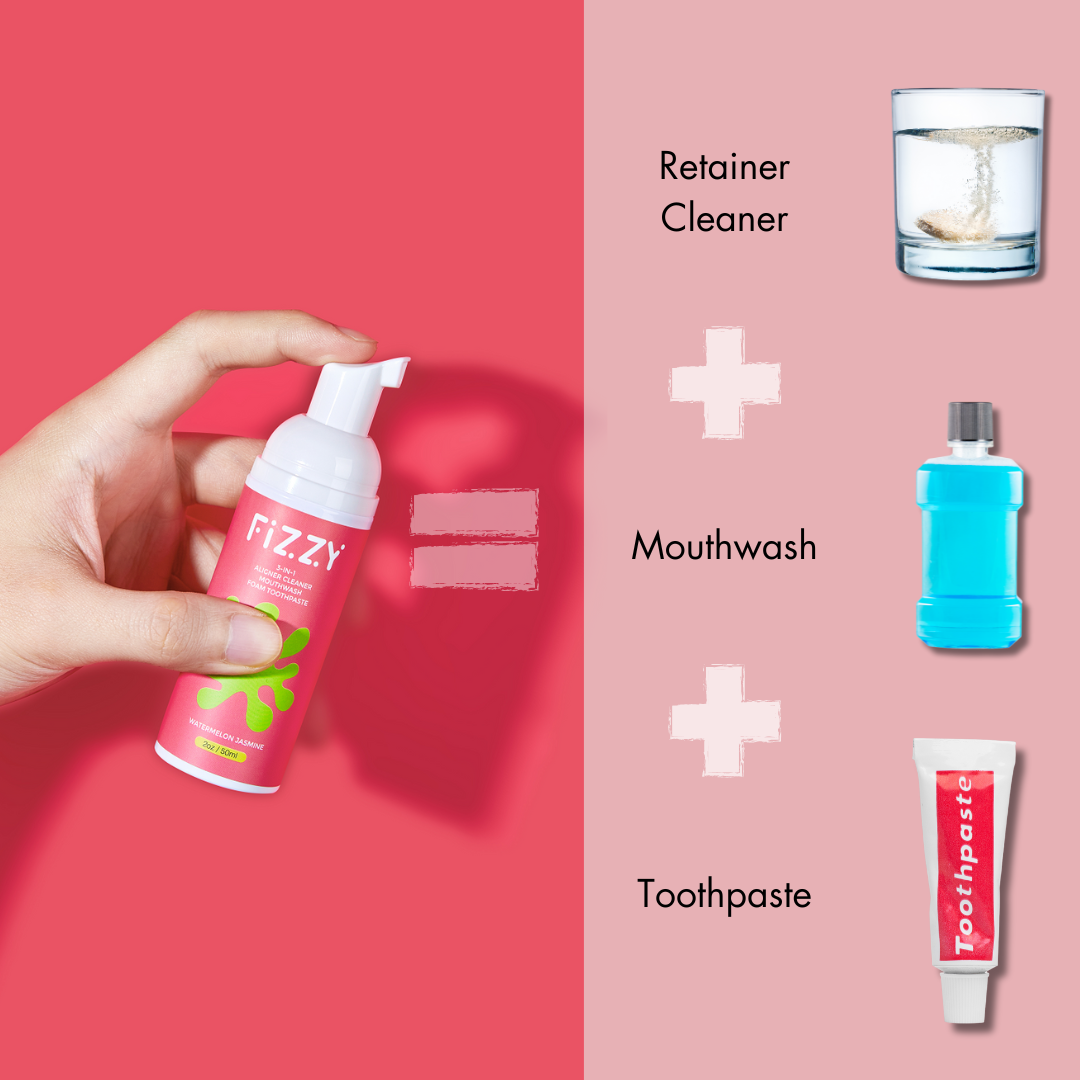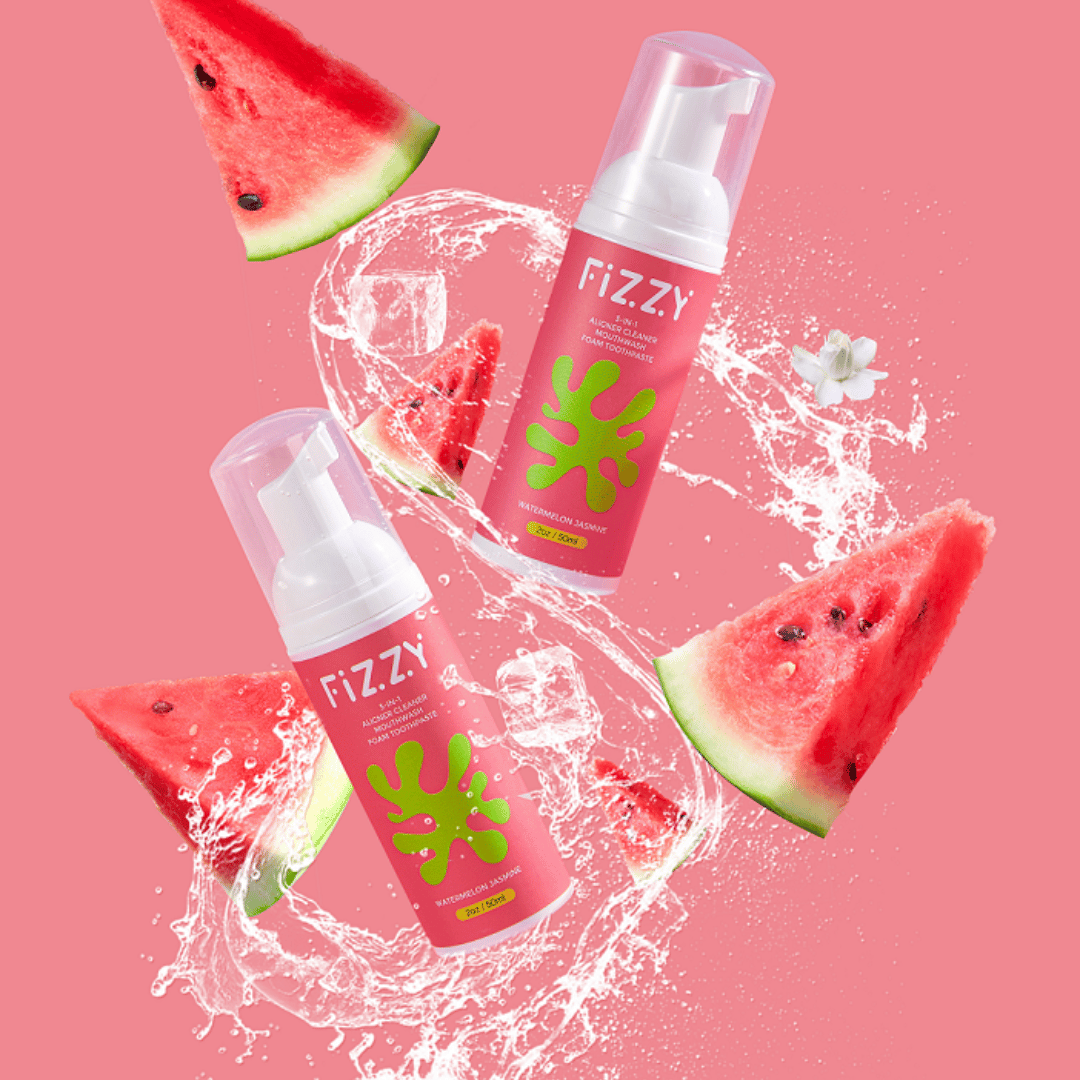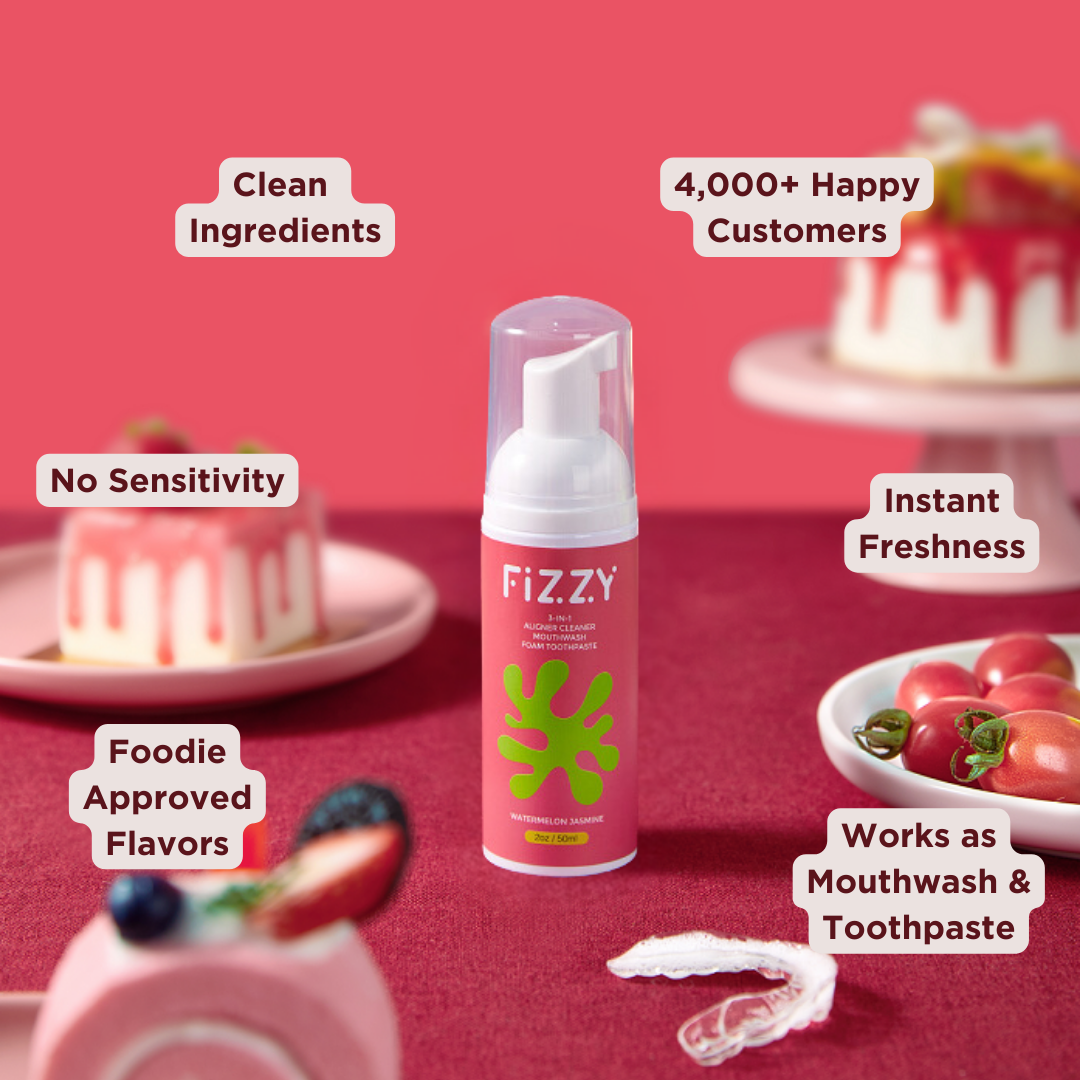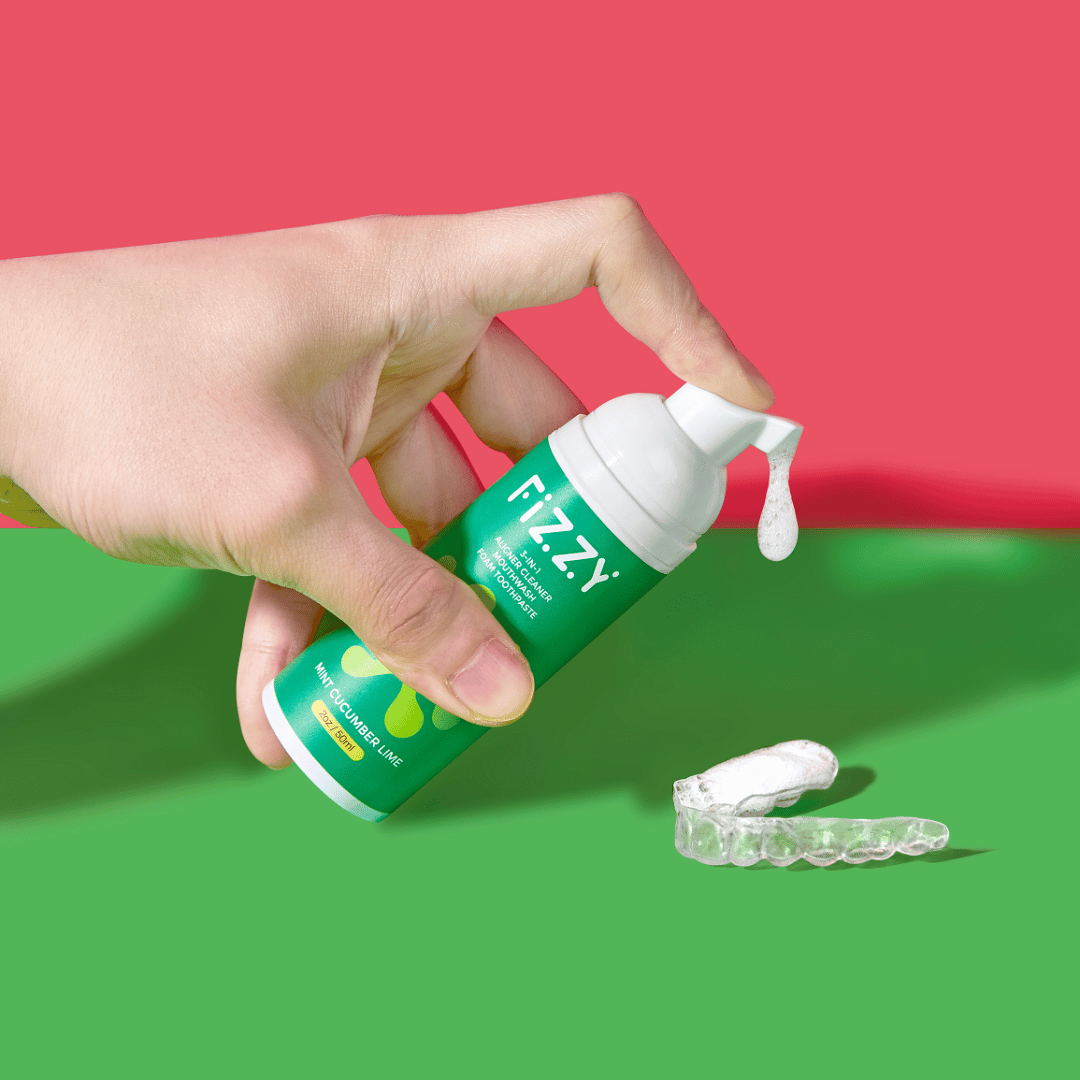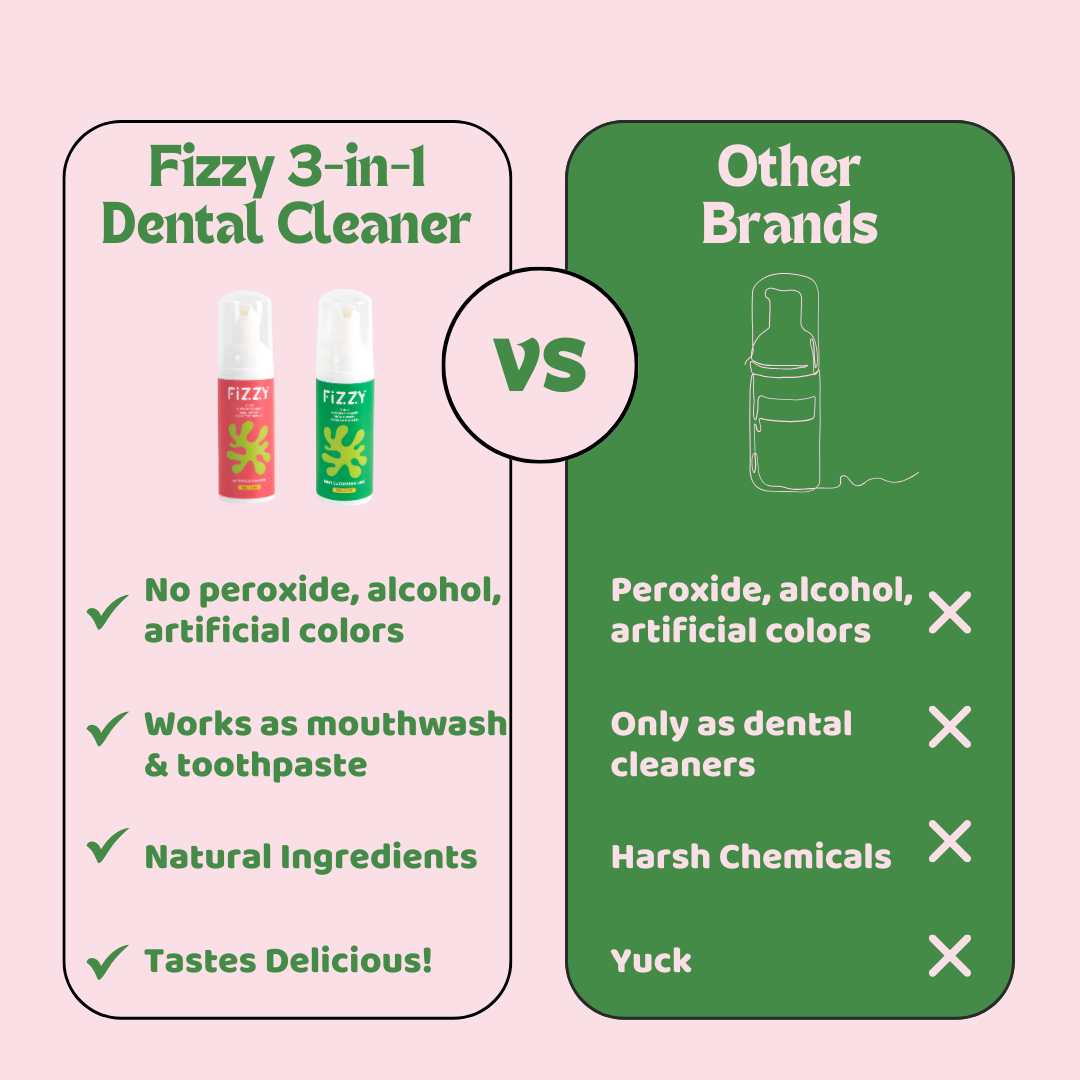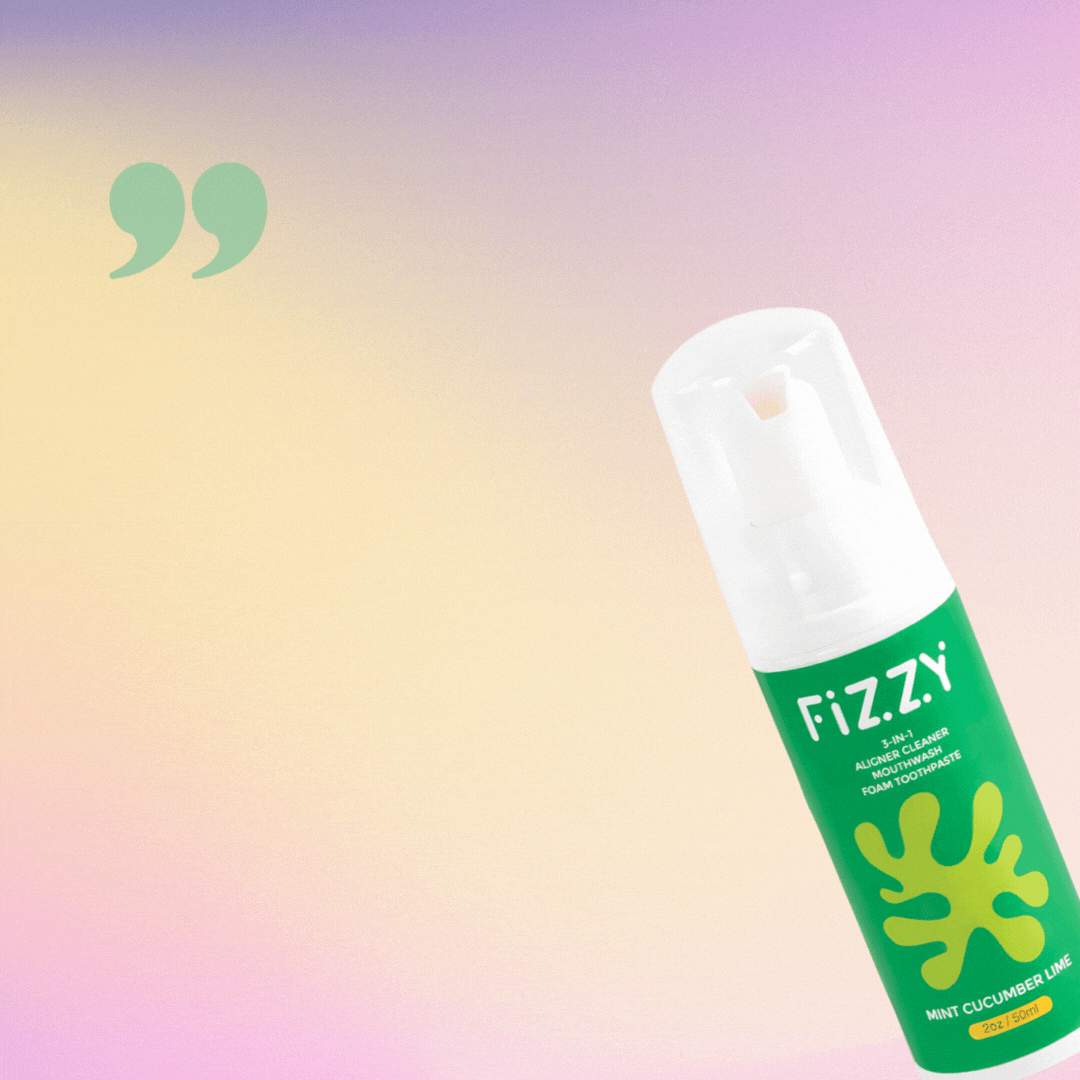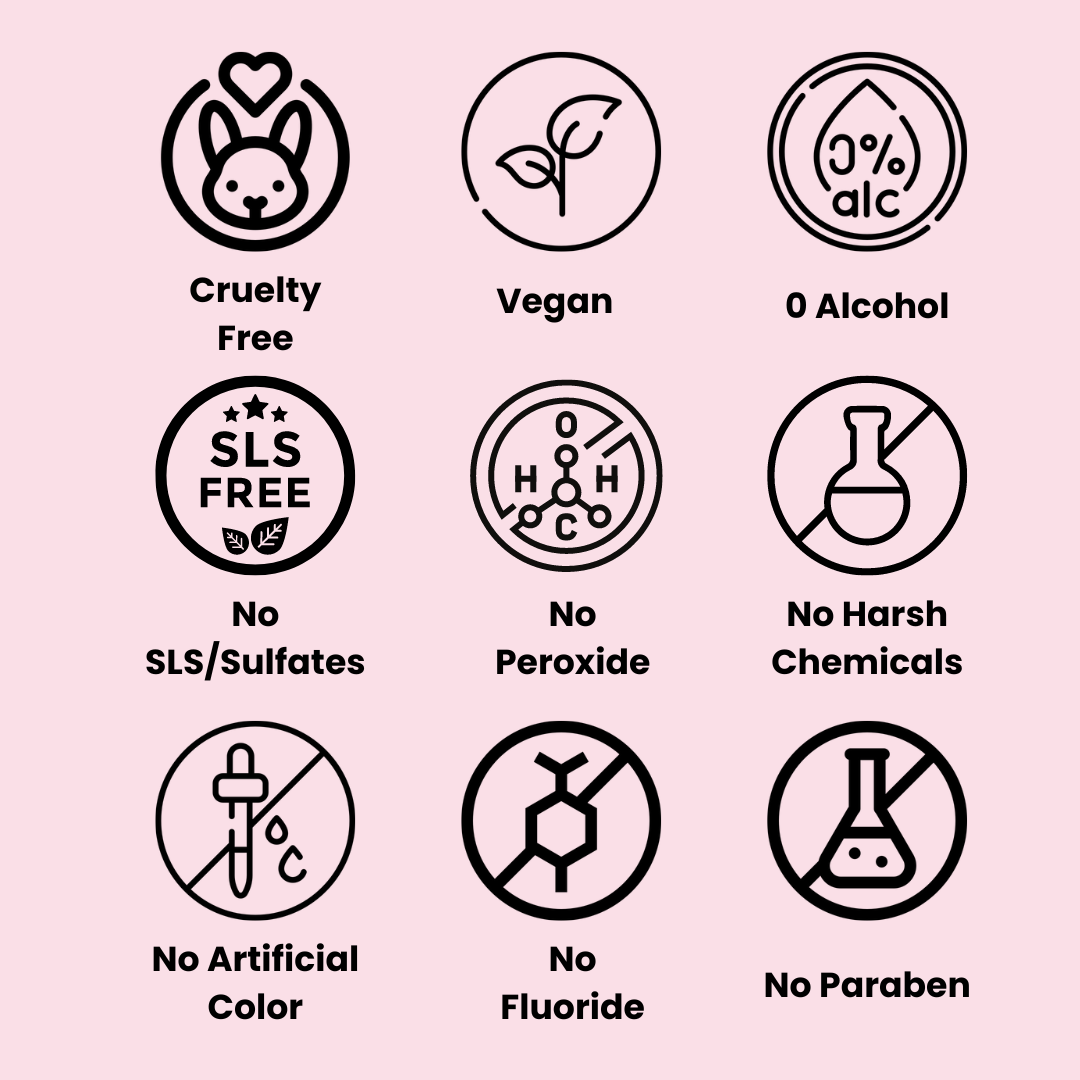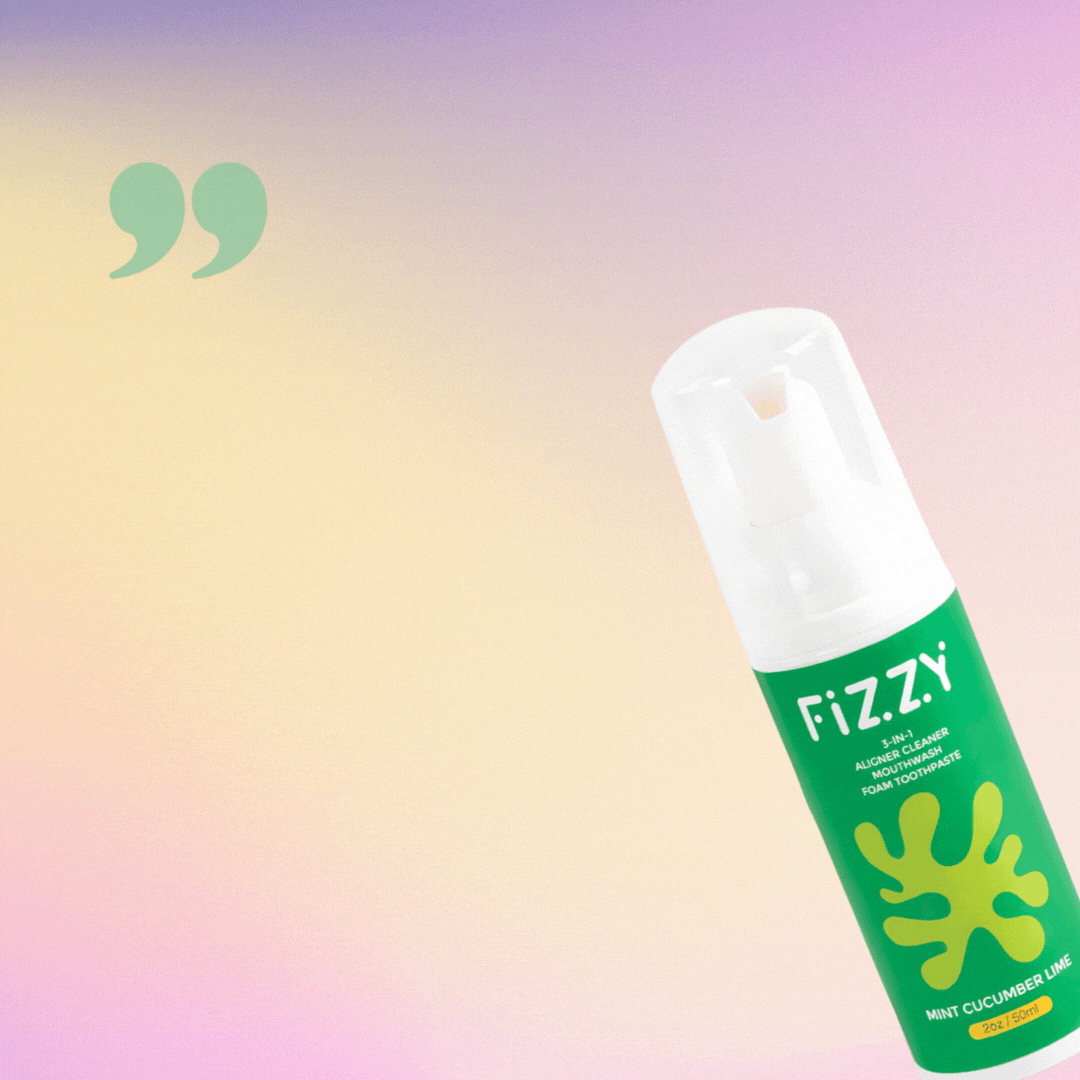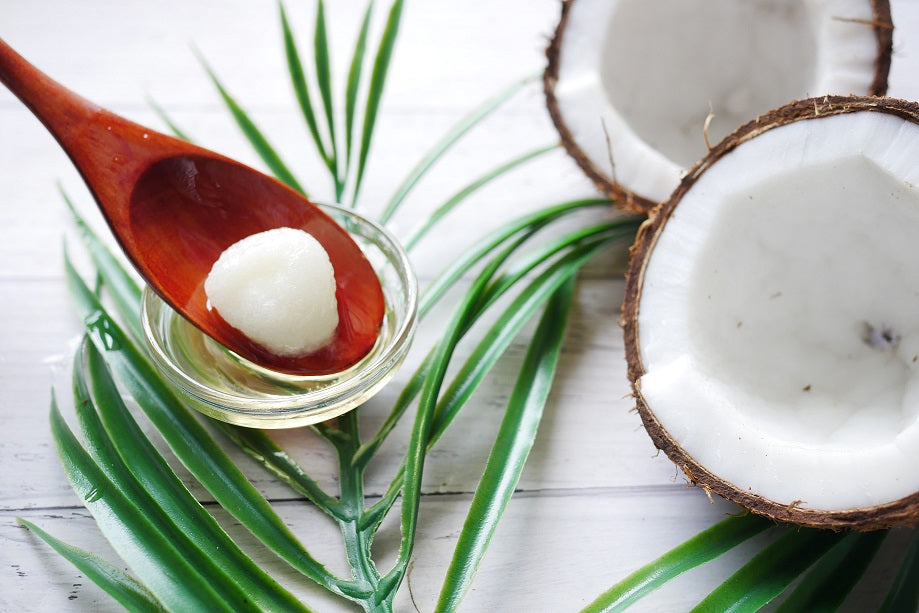
Alleviating Dry Mouth Symptoms with Coconut Oil Pulling
Dry mouth, also known as xerostomia, is a common condition that occurs when the salivary glands in your mouth fail to produce enough saliva. It can cause discomfort and difficulty in eating, swallowing, and speaking. While there are many possible causes of dry mouth, such as medication side effects, certain medical conditions, or dehydration, it can be a frustrating condition to deal with. Fortunately, there are several natural remedies that can alleviate the symptoms of dry mouth, including oil pulling. In this article, we will explore the benefits of oil pulling for dry mouth and how it can help to alleviate the discomfort caused by this condition.
What Is Dry Mouth
Dry mouth, also known as xerostomia, is a condition where the salivary glands in the mouth do not produce enough saliva to keep the mouth moist. Saliva plays a crucial role in maintaining oral health by neutralizing acids produced by bacteria, washing away food particles and debris, and helping to prevent tooth decay and gum disease. When there is not enough saliva in the mouth, it can lead to a variety of problems, including difficulty swallowing, a dry, sticky feeling in the mouth, bad breath, and an increased risk of tooth decay and gum disease.
What Cause Dry Mouth?
One of the most common causes of dry mouth is medication side effects. Many medications, including antihistamines, antidepressants, and blood pressure medications, can reduce saliva production and cause dry mouth. If you are experiencing dry mouth as a side effect of medication, it is important to talk to your healthcare provider about your options. In some cases, your provider may be able to adjust your medication or prescribe a different medication to alleviate dry mouth symptoms.
Dehydration is another common cause of dry mouth. When the body does not have enough fluids, it can reduce saliva production and cause dry mouth. It is important to stay hydrated by drinking plenty of water throughout the day. Other fluids, such as herbal tea or coconut water, can also help to keep the body hydrated. It is also important to avoid beverages that can exacerbate dry mouth symptoms, such as alcohol and caffeine.
What Is Oil Pulling
Oil pulling is an ancient Ayurvedic practice that involves swishing oil in the mouth for several minutes before spitting it out. This technique is believed to have numerous health benefits, including reducing dry mouth symptoms. When oil is swished around in the mouth, it helps to moisturize the oral cavity, which can alleviate dry mouth symptoms. Additionally, oil pulling can help to remove harmful bacteria and toxins from the mouth, which can lead to improved oral health overall.
How Does Oil Pulling Help with Dry Mouth?
The Antibacterial and Antifungal Coconut Oil
Coconut oil contains natural antibacterial and antifungal properties, which make it effective in combating harmful bacteria and fungus that may be causing dry mouth. The medium-chain fatty acids present in coconut oil are easily absorbed by the body and have been shown to have anti-inflammatory effects. This is particularly beneficial for individuals with dry mouth, as inflammation can worsen symptoms and cause discomfort. Studies have shown that coconut oil can reduce the amount of Streptococcus mutans bacteria in the mouth, which is one of the main causes of tooth decay and gum disease. Coconut oil has also been found to have antimicrobial properties, which can prevent the growth of harmful bacteria in the mouth. Therefore, oil pulling with coconut oil can help alleviate dry mouth symptoms and promote oral health.
Coconut Oil Promotes Saliva Production
Saliva is an important component of oral health, as it helps to moisten the mouth and keep it lubricated. Saliva also contains enzymes that can break down food particles and protect against tooth decay and gum disease. By stimulating the salivary glands and increasing saliva production, oil pulling with coconut oil can provide relief for dry mouth symptoms and promote oral health. When oil is swished around in the mouth, it activates enzymes that are naturally present in saliva. These enzymes help to break down harmful bacteria and toxins that may be present in the mouth, leading to improved oral health overall. Additionally, the swishing action helps to dislodge any food particles that may be stuck between teeth or in other hard-to-reach areas of the mouth, promoting oral health.
Othe Oral Benefits of Coconut Oil
Moreover, oil pulling with coconut oil can help with other oral health issues that are associated with dry mouth, such as bad breath, tooth decay, and gum disease. Removing harmful bacteria and toxins from the mouth can prevent the buildup of plaque and tartar, which are the main culprits behind these conditions. Additionally, oil pulling can improve the overall health of the gums and teeth by reducing inflammation and promoting healthy blood flow to the gums.
How to Do Oil Pulling?
Oil pulling is a simple and easy process that can be done at home. Here are the steps to follow:
-
Choose the right oil: Coconut oil is the most popular oil used for oil pulling due to its antibacterial and anti-inflammatory properties. Try Fizzy's Coconut Oil Mouthwash, for example!
-
Measure out the oil: Start with one tablespoon of oil and adjust as needed based on the size of your mouth. If you are new to oil pulling, you may want to start with a smaller amount and work your way up to a tablespoon.
-
Swish the oil: Take the oil in your mouth and swish it around for 5 minutes. Make sure to swish the oil through all parts of your mouth, including the front, back, and sides. You can also use a gentle swishing motion to help stimulate saliva production.
-
Spit out the oil: After 5 minutes, spit the oil out into a trash can. Do not spit the oil out in the sink, as it can clog your drain.
-
Rinse your mouth: Rinse your mouth out with warm water or salt water to remove any remaining oil and to help clean your mouth.
It is important to note that oil pulling should be done on an empty stomach, preferably in the morning before eating or drinking anything. Also, do not swallow the oil, as it will contain harmful bacteria and toxins that have been removed from your mouth during the oil pulling process.
Other Tips for Dry Mouth
In addition to oil pulling, there are several other natural remedies that can help to alleviate dry mouth symptoms. Chewing sugar-free gum can stimulate saliva production and help to moisten the mouth. Eating sugar-free hard candies or sipping on sugar-free drinks can also help to increase saliva production. Using a humidifier in your home can add moisture to the air and help to prevent dry mouth symptoms. Additionally, incorporating foods that are high in water content, such as cucumbers, watermelon, and celery, into your diet can help to keep the body hydrated and alleviate dry mouth symptoms.
Try Fizzy's Coconut Oil Pulling Mouthwash!
If you're looking for a natural solution to alleviate dry mouth symptoms, try Fizzy's coconut oil pulling mouthwash with mint, green tea, and chamomile. This mouthwash contains coconut oil, which has been shown to reduce inflammation and fight harmful bacteria in the mouth, as well as mint, green tea, and chamomile, which have additional oral health benefits. Mint contains menthol, which has a cooling effect and can stimulate saliva production, while green tea has been shown to reduce inflammation and improve oral health. Chamomile, on the other hand, has antimicrobial and anti-inflammatory properties that can soothe and heal the mouth. All of these ingredients work together to provide a refreshing and soothing experience for those suffering from dry mouth. Remember, while oil pulling can be an effective natural remedy for dry mouth, it is not a substitute for regular brushing and flossing.
Bottome Line
In conclusion, dry mouth can be a frustrating and uncomfortable condition, but there are several natural remedies, including oil pulling, that can help to alleviate symptoms. Oil pulling with coconut oil can help to moisturize the mouth, reduce inflammation, and fight harmful bacteria, which can all contribute to improved oral health. By incorporating oil pulling into your daily oral hygiene routine and making lifestyle changes to stay hydrated and maintain oral health, you can effectively manage dry mouth symptoms and prevent complications. Remember to always consult with your healthcare provider if you are experiencing persistent dry mouth symptoms or if you have any concerns about your oral health.
Reference:
Oil pulling to relieve medication-induced xerostomia: A randomized, single-blind, crossover trial


